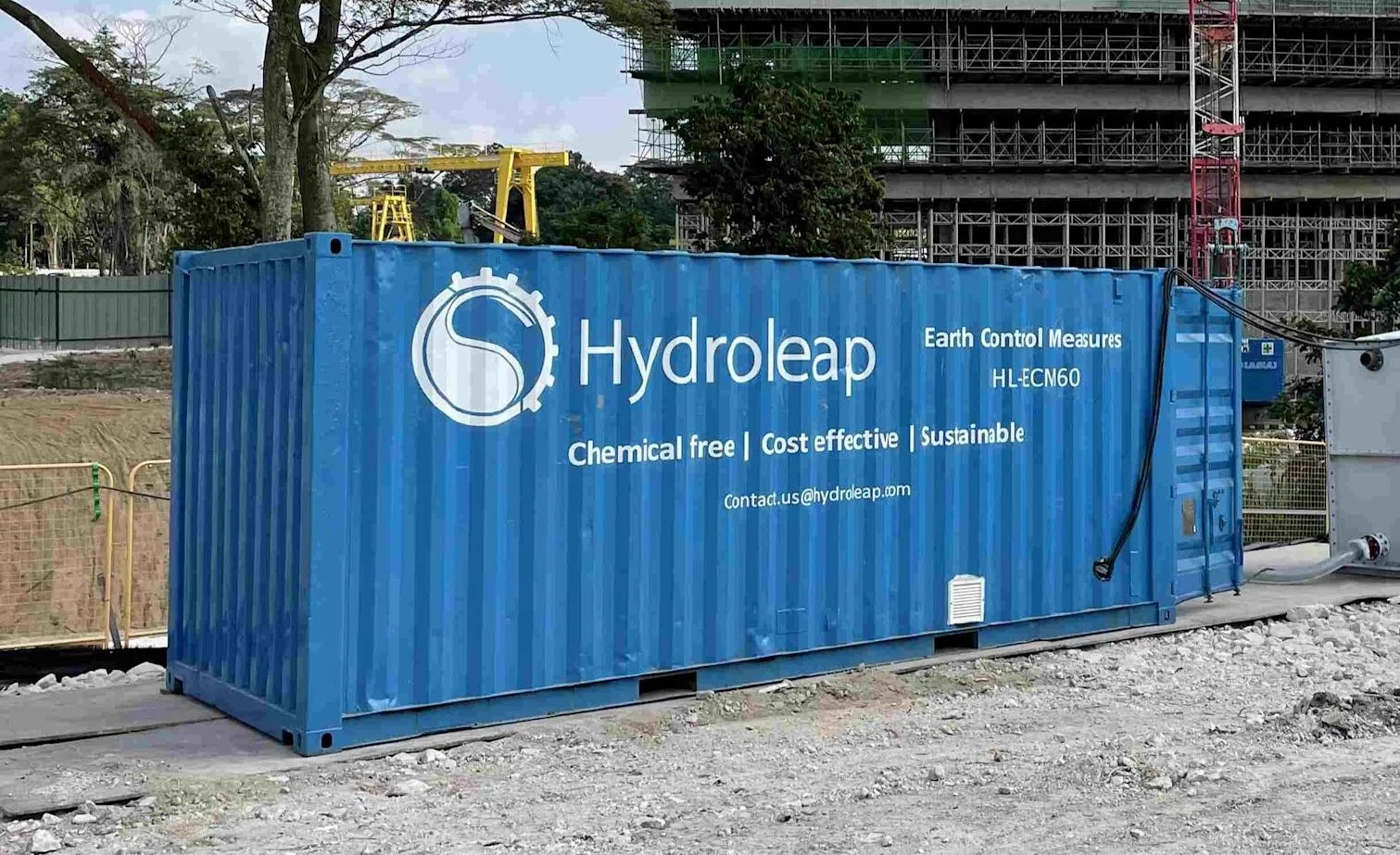Far East: Singapore's Hydroleap Secures $4.75M Funding - Southeast Asia Emerging as Global Startup Launchpad?
Hydroleap, a Singapore-based clean water technology startup, just secured $4.75 million in its latest funding round last month. An exemplary project under Singapore’s Economic Development Board umbrella, the startup focuses on implementing electrochemical wastewater treatment systems across the Asia-Pacific region in sectors varying from pharmaceuticals to agriculture.
Just like Hydroleap, many startups in Singapore and across Southeast Asia have reported significant investor confidence improvement along with millions in investment pouring in.
With Hydroleap’s and other startups’ success in the global market, can we say that Southeast Asia is becoming the world’s next launchpad for startups? Or was it all just a mirage of the financial market?
What is Hydroleap?
Founded in 2016, Hydroleap was created to replace the chemical-heavy wastewater treatment with an automated and sustainable electrochemical solution that can reduce the operational costs, unsustainable waste, and conserve energy usage. A small startup, the team consists of less than 50 employees; it operates primarily within Southeast Asia including in Singapore, the Philippines, Indonesia, and Thailand.
The core technology of the startup is its electrochemical water treatment process which can function in two primary treatment technologies including electrocoagulation which targets oil, grease, or heavy metals, and electrooxidation, which produces the reactive species that can break down stronger contaminants. The latter technology more closely mimics how strong chlorine reacts in water treatment. With both treatment processes in mind, Hydroleap can keep water treatment chemical-free with relatively low energy consumption, all while maintaining high efficacy with pollutants reductions being reported up to 95%.
So far, Hydroleap has served multiple industries including data centers, pharmaceuticals, semiconductor production, palm oil mills, construction sectors, and many more. Their list of clientele is also equally impressive with government organizations and private corporations alike appreciating the startup’s innovative approach and cost effectiveness.
Hydroleap began its funding rounds in 2019, receiving $1.9 million from Wavemaker Partners, Seeds Capital, 500 Startups’ 500 Durians and others. Since then, the company has been making steady progress in both their innovation and funding.he company raised over $4.4 million in 2023 and more than $4.75 million in July 2025.
With its systems being utilized across Southeast Asia, multiple major partnerships soon followed with one being from the Biocare Health Resources of the Philippines which seeks to integrate Hydroleap’s water treatment technologies with Biocare’s existing water treatment systems, ensuring the sustainable water treatment option availability in the Philippines and throughout Southeast Asia.
Will Startups in Southeast Asia Continue to Thrive?
Hydroleap’s success has been marked with overall high investor confidence associated with green technology and the creation of climate-resilient infrastructure. With such high investments, does hydroleap indicate a new future for startups in Southeast Asia?
To answer that question, we must delve deeper into what makes Hydroleap stand out from its competition, hence the high confidence rate. Hydroleap’s water treatment systems were made to target hyperscale data centers and semiconductor producers, both of which require substantial amounts of the water and energy. With Hydroleap’s technology, the companies within such two industries can cut down on costs and operate more efficiently. Additionally, in a world where companies are under scrutiny to meet the ESG (Environmental, Social, and Governance) standards, Hydroleap’s water treatment technology could help address concerns in regards to water and energy footprint.
Given that Hydroleap’s products currently aren’t matched by any other on the market, it might be a little too early to assume that Southeast Asia could be a new world launchpad for new startups,but that doesn’t mean that they aren’t a worthy contender.
For decades, Southeast Asia has constantly battled East Asia and North America to be the one and only startup launchpad in the world. With government involvement from countries such as Singapore, Malaysia, Indonesia, and Vietnam, the overall startup environment in the region has been crowded so far with lots of new players entering the market every year.
In Malaysia, for example, an environmental tech funding program has been supporting over 26 environmental tech startups, reaching approximately $3.03 million in investments in 2025. Malaysia’s core strategic policy is The Greentech Fund,which invests in green technology projects domestically and throughout Southeast Asia.
Furthermore, Malaysia has announced substantial investment up to $10.1 billion to upgrade its national electricity grid, supporting AI integration into its industries, upgrading its battery energy storage, and develop its own carbon capture and storage facilities of CCS, all of which are being promised to incentivize more climate tech startups to view Malaysia as a perfect candidate to startup their projects and fundings. Malaysia, along with Singapore, are being viewed as the frontrunners in the region’s quest for leadership in the global startups scene, especially amongst the climate tech.
Meanwhile in Vietnam, the Asian Development Bank or ADB has signed over $15 million in convertible bonds towards the funding of Vietnam’s seaweed and barramundi aquaculture startup which seeks to support the sustainable ocean-based innovation region-wide.
In Singapore, immense number of talent and capital has been incentivized and attracted to start new projects there as a part of its APAC sustainability startup support programs which has been actively built upon from its position as a tech hub, supported by immense equity funding managed by Temasek, EDBI, and Enterprise Singapore.
Hydroleap’s huge success in funding rounds is the clear evidence that Singapore government’s support on climate tech is indeed working and that in the next few decades, the region could potentially achieve its goal as being the world’s launchpad for startups.

